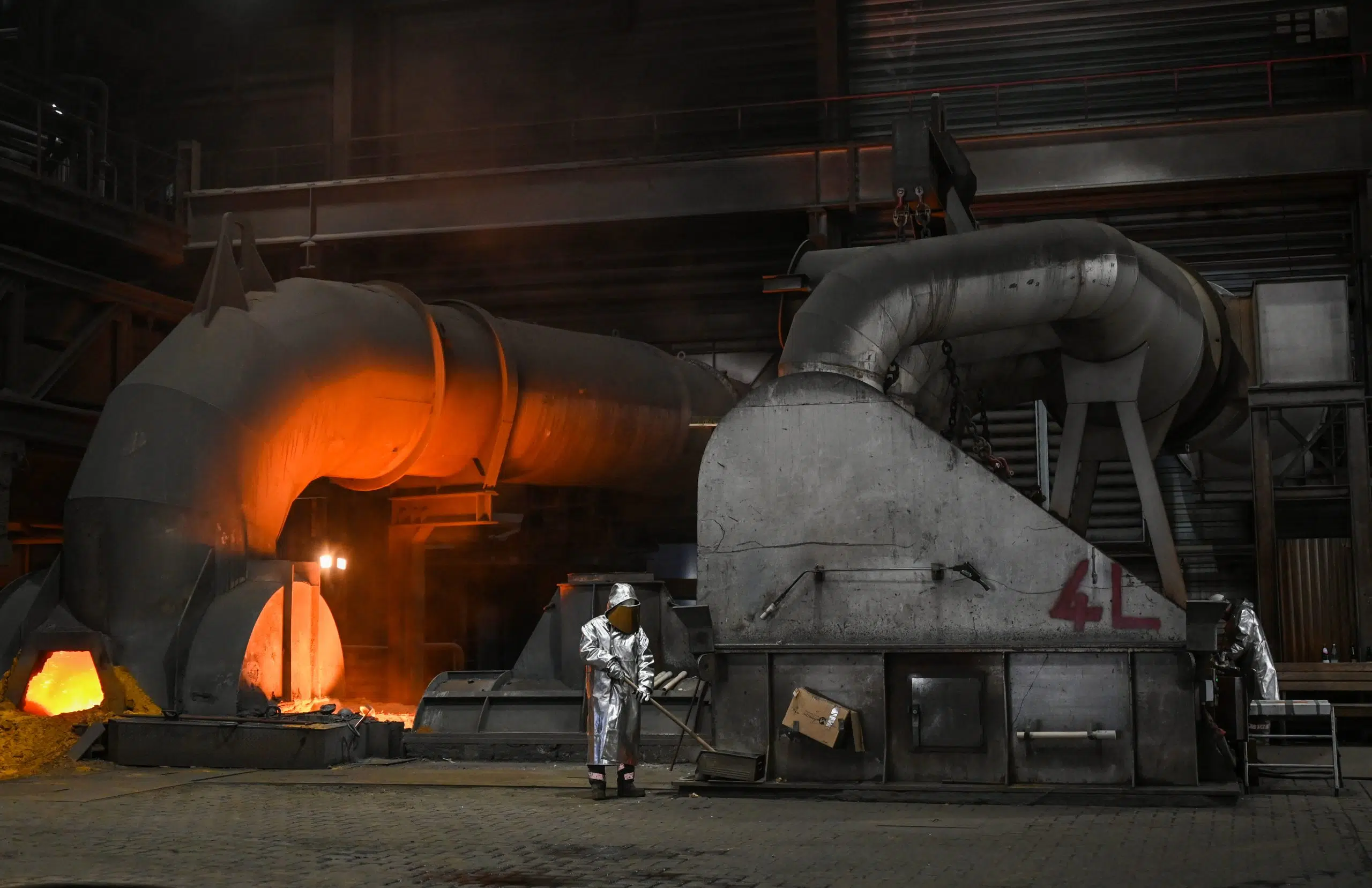Brussels – It’s no time to go to war with friends: as the European Union announces the extension of the suspension of rebalancing tariffs on U.S. steel and aluminum until March 31, 2025, the U.S. will extend the suspension of its own tariffs and grant additional waivers for European exporters. A decision that, on the European side of the Atlantic alone, will allow companies to save about 1.5 billion euros a year.
Brussels had implemented rebalancing tariffs in 2018, when the White House tenant was Donald Trump, in response to the U.S. tariffs imposed by the tycoon on 6.4 billion euros of European steel and aluminum exports. The European tariffs had brought €2.8 billion into EU coffers. Under the Biden administration, the dispute receded, and on October 31, 2021, the EU suspended the measures entirely, intending to work together with Washington on a long-term solution.

The United States also dismissed tariffs, replacing them with a quota system based on historical trade volumes, with the result, however, that steel and aluminum from the EU above the set quota are still subject to tariffs. In 2022, member countries exported 3.8 million metric tons (MMT) of steel to the United States, of which 1.7 MMT benefited from duty-free treatment under the US tariff quota system. In addition, according to White House data, the US excluded from duties an additional 1.5 MMT of steel exported from the EU. The same goes for aluminum: in 2022, only 146 of the 289 thousand metric tons (TMT) of aluminum exported to the US benefited from duty exemption. With another 70 TMT of exclusions granted to EU exporters, the result of “intense engagement” with the United States, Brussels wants to ensure “market stability and business confidence to continue trading smoothly,” commented EU Commission Executive Vice President Valdis Dombrovskis. But the extension until March 2025 is mainly functional to “enable the prosecution of negotiations between the two sides to reach a more permanent solution,” stressed Olof Gill, the EU executive spokesman responsible for trade and agriculture.
The goal remains to finalize a global agreement on sustainable steel and aluminum production, which is key to addressing global steel overcapacity and decarbonization of the sector. “The negotiations are progressing well and continue to move forward,” Olof Gill again assured.
English version by the Translation Service of Withub




